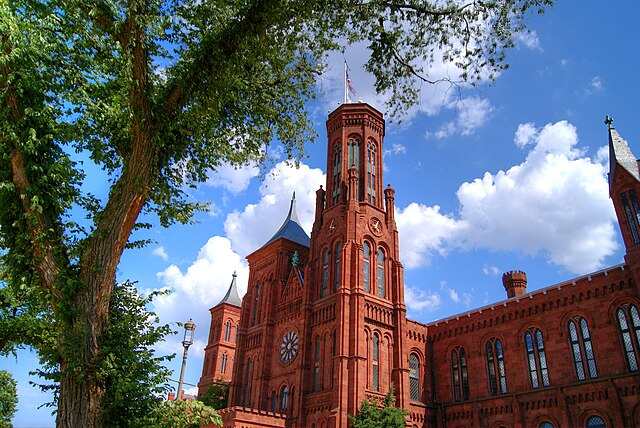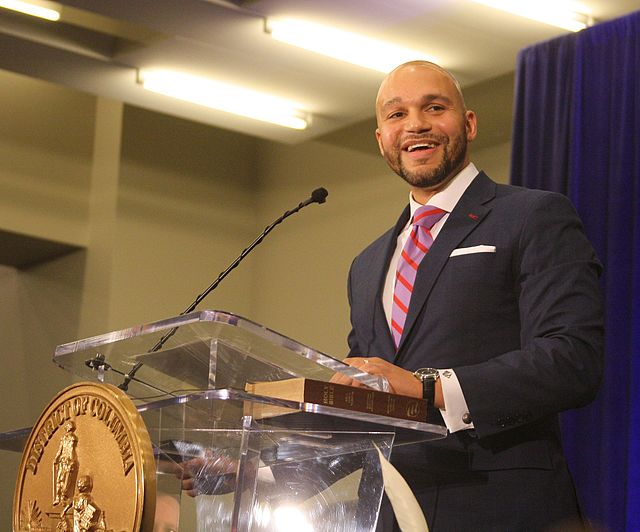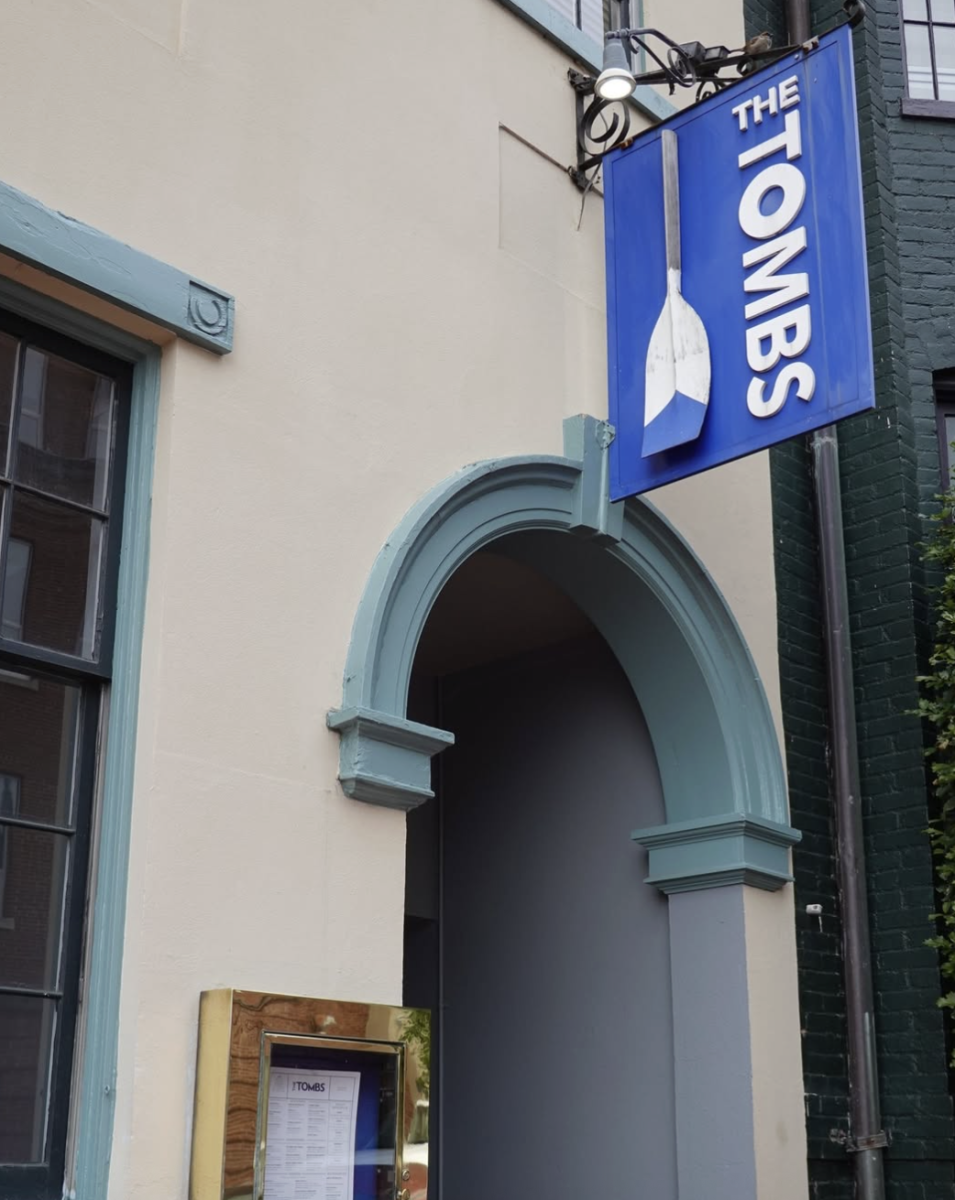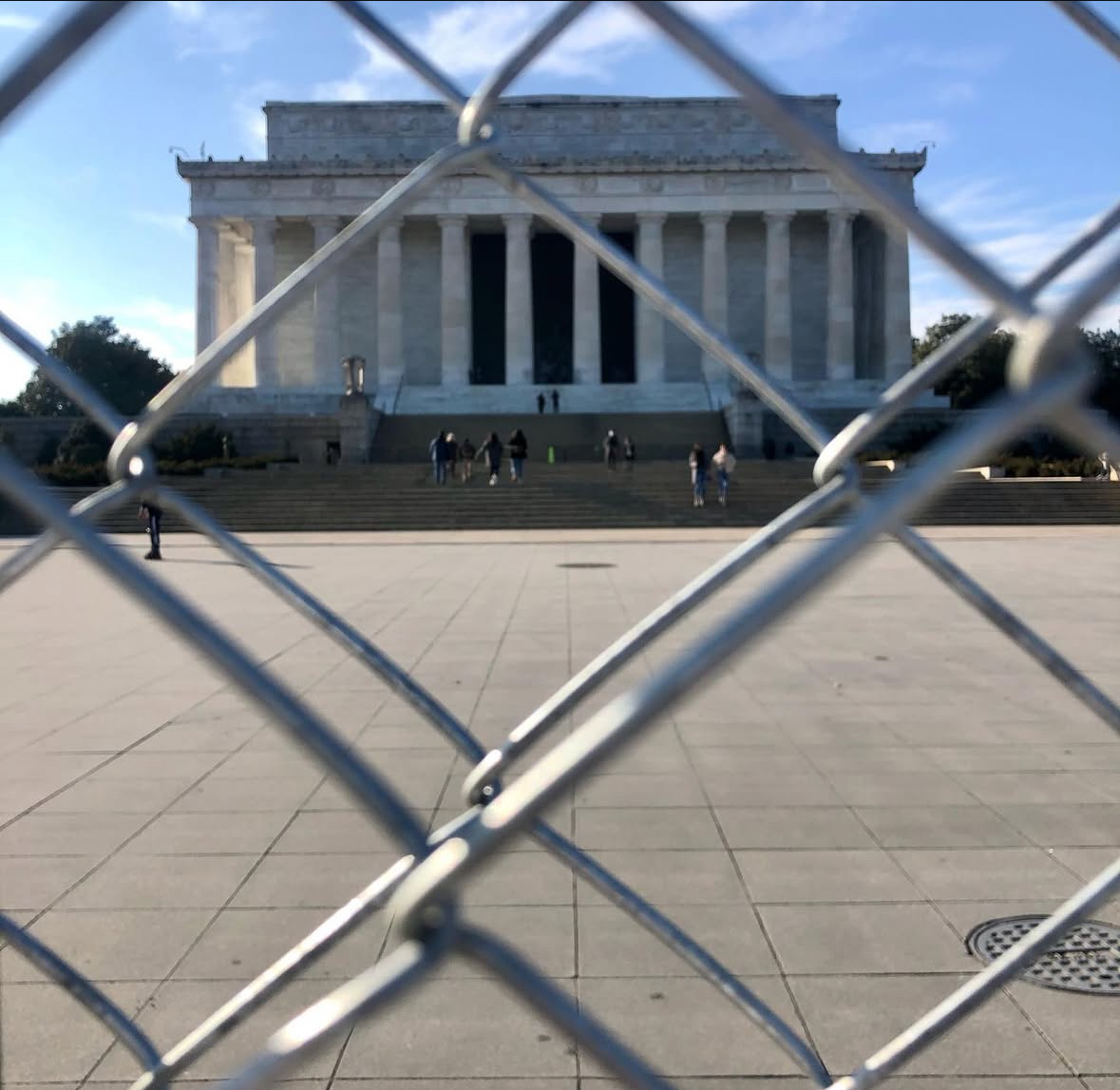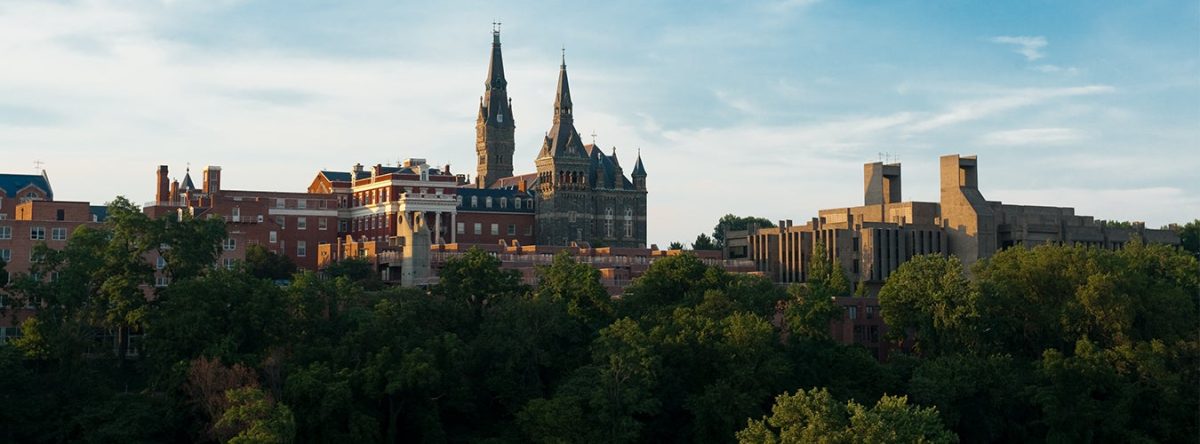The D.C. State Board of Education (SBOE), an elected body that advises the Washington, D.C. government on educational issues, approved a resolution calling for an end to legacy admissions at D.C. universities at a July 17 hearing.
The SBOE’s resolution, SR24-16, calls for the D.C. Council to pass legislation prohibiting any university or college that offers preferential admissions for children of graduates or donors from receiving District funding — legislation which, if passed, may force Georgetown University to end its practice of legacy and donor admissions preference. The SBOE passed the resolution 8-1 after Georgetown students, including members of Hoyas Against Legacy Admissions, a Georgetown student organization advocating for an end to legacy and donor preference, collaborated to draft the resolution and testified in support of it.
Although the SBOE’s resolution is not binding, the potential D.C. Council legislation for which the resolution calls would affect most District universities that practice legacy admissions or include questions about legacy status on their applications: Georgetown, American University, Catholic University and George Washington University. It would not affect Georgetown’s practice of offering preferential admissions to descendants of the GU272, the enslaved people whom Maryland Jesuits sold in 1838 to ensure Georgetown’s financial stability.
The legislation would also protect legacy admissions at historically Black colleges and universities (HBCUs); Howard University is the only HBCU in D.C.
Darius Wagner (CAS ’27), a member of Hoyas Against Legacy who was among 13 Georgetown students to testify at the hearing, said the board’s decision illustrates the District’s leadership on educational equality.
“We’re optimistic about the future and we think this shows where the rest of D.C. stands on this issue,” Wagner told The Hoya.
A Georgetown spokesperson said the school’s admissions team strives to admit students from all backgrounds.
“Georgetown pursues all available efforts to cultivate and support a diverse University community,” the spokesperson wrote to The Hoya. “At Georgetown, we have developed initiatives to recruit a student body comprised of people with abundantly diverse backgrounds, as well as programs to ensure they feel welcome at the university.”
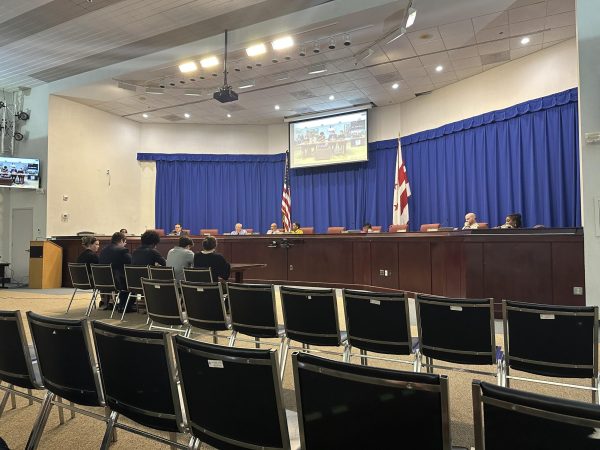
(Courtesy Helena Wolfe-Feichter)
The spokesperson said Georgetown’s holistic admission process ensures all students accepted match the school’s academic rigor.
“Georgetown University only admits students who will contribute to the academic rigor and thrive at the University,” the spokesperson wrote. “Our personalized and holistic admissions process carefully evaluates all applicants.”
No university representative testified on behalf of Georgetown at the hearing.
Since the Supreme Court’s controversial decision striking down affirmative action, which allowed universities to consider the race of applicants in the application process, Hoyas Against Legacy has advocated on Georgetown’s campus for an end to legacy admissions at the university. The resolution aims to push the D.C. Council to pass their proposed Furthering Admissions Inclusion and Representation (FAIR) Act, which would end incentives such as local government tax breaks and grants from universities that continue the practice.
As of 2016, Georgetown received $9 million in annual property tax breaks from the D.C. government.
Felix Rice (CAS ’26), another member of Hoyas Against Legacy who also testified at the hearing, said the resolution aims to eliminate barriers to entry for first-generation and low-income (FGLI) applicants and applicants of color.
“Students who have made more with less just to have a shot to knock at the door of an elite institution don’t deserve to have it slammed in their faces just because they lack the connections and capital that have already put their peers at an advantage from the start,” Rice told The Hoya.
About 20.8% of Georgetown students are from the top 1% of earners, while only 13.5% are from the bottom 60%, according to a New York Times study.
At the hearing, Michelle Ramos (CAS ’25) said, as an FGLI student, she saw stark differences in how she prepared to apply to colleges versus many of her wealthier or legacy peers.
Ramos said Georgetown must work to uplift FGLI applicants rather than legacy applicants.
“I’m not saying that these legacy students don’t deserve an education or the opportunity to attend Georgetown,” Ramos said at the hearing. “I am saying that their needs should not be prioritized above those first-generation and more low-income students like myself, whose lives would be significantly improved after attending such a prestigious institution.”
SBOE President Eboni-Rose Thompson was the sole vote against the bill.
Thompson said removing legacy admissions would make it even more difficult for the children of Black alumni to be admitted to prestigious universities such as Georgetown or the University of Pennsylvania.
“Just because you’re a Black person and graduate from a Georgetown or a Penn, you will not necessarily be afforded all the same privileges and opportunities that generational whiteness or just whiteness in general allows to people,” Thompson said at the hearing. “It almost feels like Black people are going to be harmed regardless, and that is what I’m struggling with.”
Although Georgetown has not released data on the racial demographics of its legacy applicants, a 2019 study used in a lawsuit against Harvard University using admissions data found that 70% of Harvard legacy applicants were white, while only 40% of non-legacy, athletic, or Dean’s List preferences were white.
Wagner said that, although he agrees with Thompson’s concerns, he believes legacy admissions ultimately hurt Black students’ chances of admission.
“Legacy isn’t serving these populations, even though we wish it was so,” Wagner said. “Abolishing it will only pave the road for students like us to be able to have more spots and to build that wealth.”
Rice said the proposed end of legacy admissions will be a major step in ensuring underprivileged Georgetown applicants receive a better chance of admission.
“Educational inequality in this country doesn’t begin when you apply to college, it starts before you’re born,” Rice said. “We’re not going to fix that with this issue and I’m not under that illusion, but it’s a step in the right direction.”



